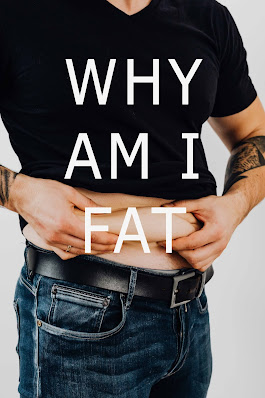Every time you investigate in the mirror
you may ask why individuals have such a nice coordinated body with complete certainty while you still fight with your new shirt. Maybe you think about it, would you say that you will one day look like them? Is there a chance for you to change? There is clearly. However, the summer body does not go easy. Many are working on their imaginary body. Anyway, the point is that you are solid from back to front. The moment I mention fat consumption, the main thing that comes to your mind is exercise. In fact, you clearly need to exercise to have a nice summer body. However, are you aware that our diet affects our bodies the most?
Weight loss is 80% diet, 20% exercise?
I ask for a difference.
Diet can really make up to 90-99% of a weight loss project. The main driver behind being obese is the result of your lifestyle! Having an unfortunate lifestyle hampers digestion and brings you constant illnesses. With a moderate metabolism diet, you can gain weight just by drinking water! This is also the reason behind being thin for a few people at a moderate rate and regaining all the weight in one night. Slimming is acceptable, but severely thinning is the central issue here. We need you to check your health first instead of focusing on all the crazy eating and exercise regimen plans. Fat Burner Secrets 1: The Secret To A Fat Loss Diet Facts About Fats
What Exactly Is Fats?
Fats consist of building blocks called unsaturated fats and are delegated to be submerged, monounsaturated, or polyunsaturated depending on their physical structure. Fats are essential to human existence, and we as a whole need fats in weight management plans. For a long time, nutritionists and specialists have lectured that a low-fat eating routine is a way to get rid of thin health problems. However, not all fats are created equal. Our bodies require limited amounts of "good fats" to be able to help prevent disease. However, a large portion of "advanced" food contains far more fat than the body needs. Excessive fat, especially many unacceptable types of fats, can be harmful to our health, causing real medical problems, for example, severe high blood pressure, cholesterol levels, and obesity, thus increasing the risk of heart disease. So, it's huge to understand the types of fats we have to undo. Good fats versus bad fats We are constantly being told that “fats are terrible,” and many will invest a lot of energy and money to completely free their diet of fats. In fact, we need fats. Fats help transport nerves, ingest supplements, maintain cell film credibility, etc., as we just mentioned, fats are really important for you to shed pounds. However, when eaten in large quantities, it can increase your risk of exposure to various health risks. The key is to replace the awful fats with the big fats in our diet routine.
Good fats are sometimes called unsaturated fats.
The types of supportive dietary fats are usually unsaturated. Polyunsaturated fats come in two formulations: monounsaturated and polyunsaturated. Monounsaturated fats
This is a type of fat found in a group of foods and oils. You can get it from pecans and pistachios, including almonds, peanuts, cashews, macadamia, and avocados.
It improves cholesterol levels in the blood, which reduces the risk of coronary artery disease. The exploration also shows that these unsaturated fats may gain insulin levels and control glucose, which can be especially beneficial if you have type 2 diabetes.
Not only that, scientists have also discovered that switching to monounsaturated fats is a calorie. The calorie content, rich in unsaturated and polyunsaturated fats, leads to significant weight loss. Really, they both burn the same measure of fats in their diet, but they end up with different results! The key here is the type of fat that you eat daily. The unsaturated parent is the two types of polyunsaturated fats omega-3 and omega-6. These fats are otherwise called essential unsaturated fats. Our bodies cannot provide essential polyunsaturated fats on their own, so we need to get them from food. Omega-3 Omega-3 is a type of polyunsaturated fat. You can get it from:
Legumes, soy food, tuna, salmon, mackerel, green green vegetables, walnuts, various nuts, flax seeds. Babies can also get omega-3s from breast milk. It promotes a healthy mind during pregnancy and early life. Omega-3 helps the baby's brain and eye advance in the abdomen and during the first half of life. It greatly influences children's learning and behavior.
readalso:


Comments
Post a Comment